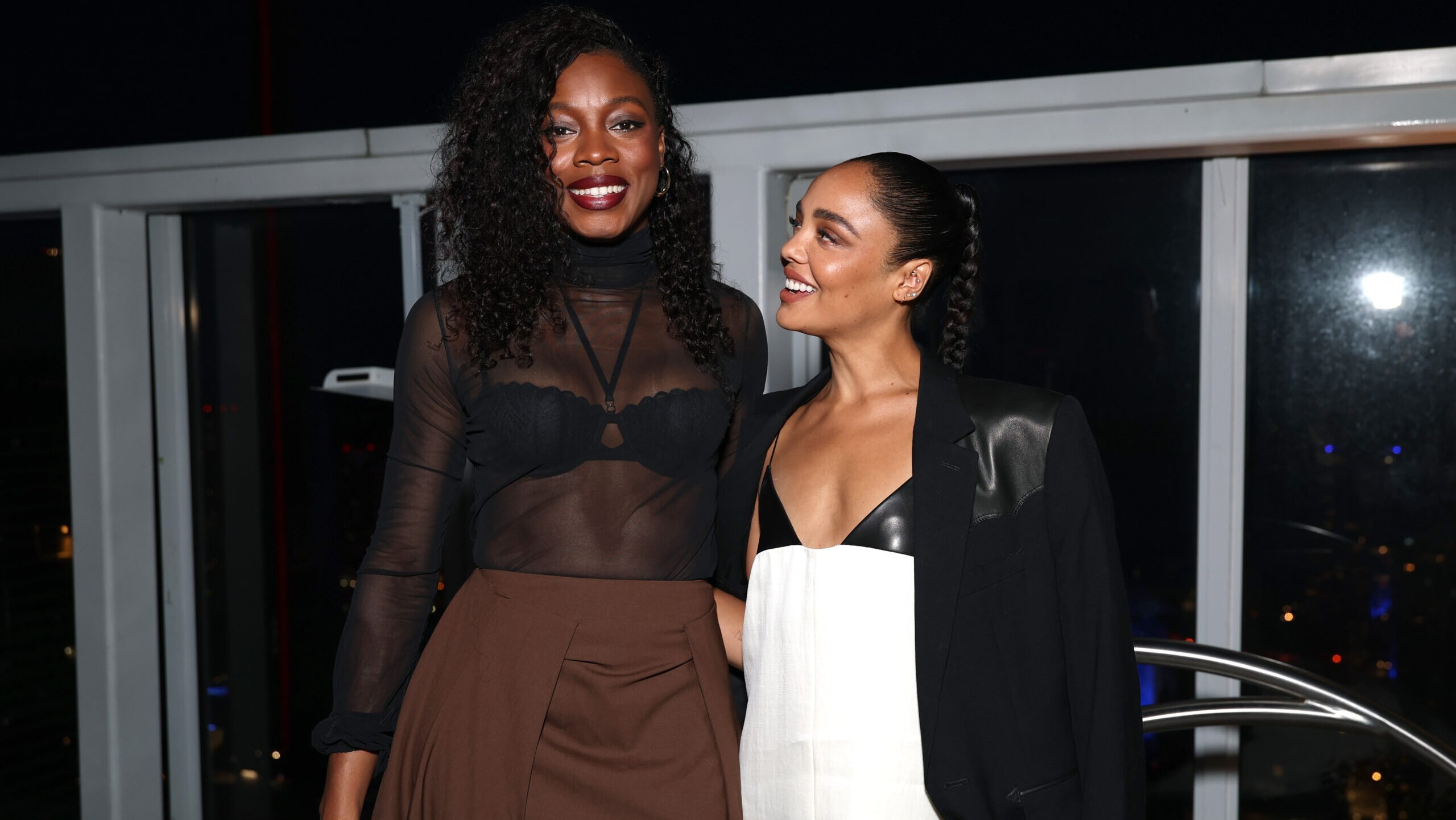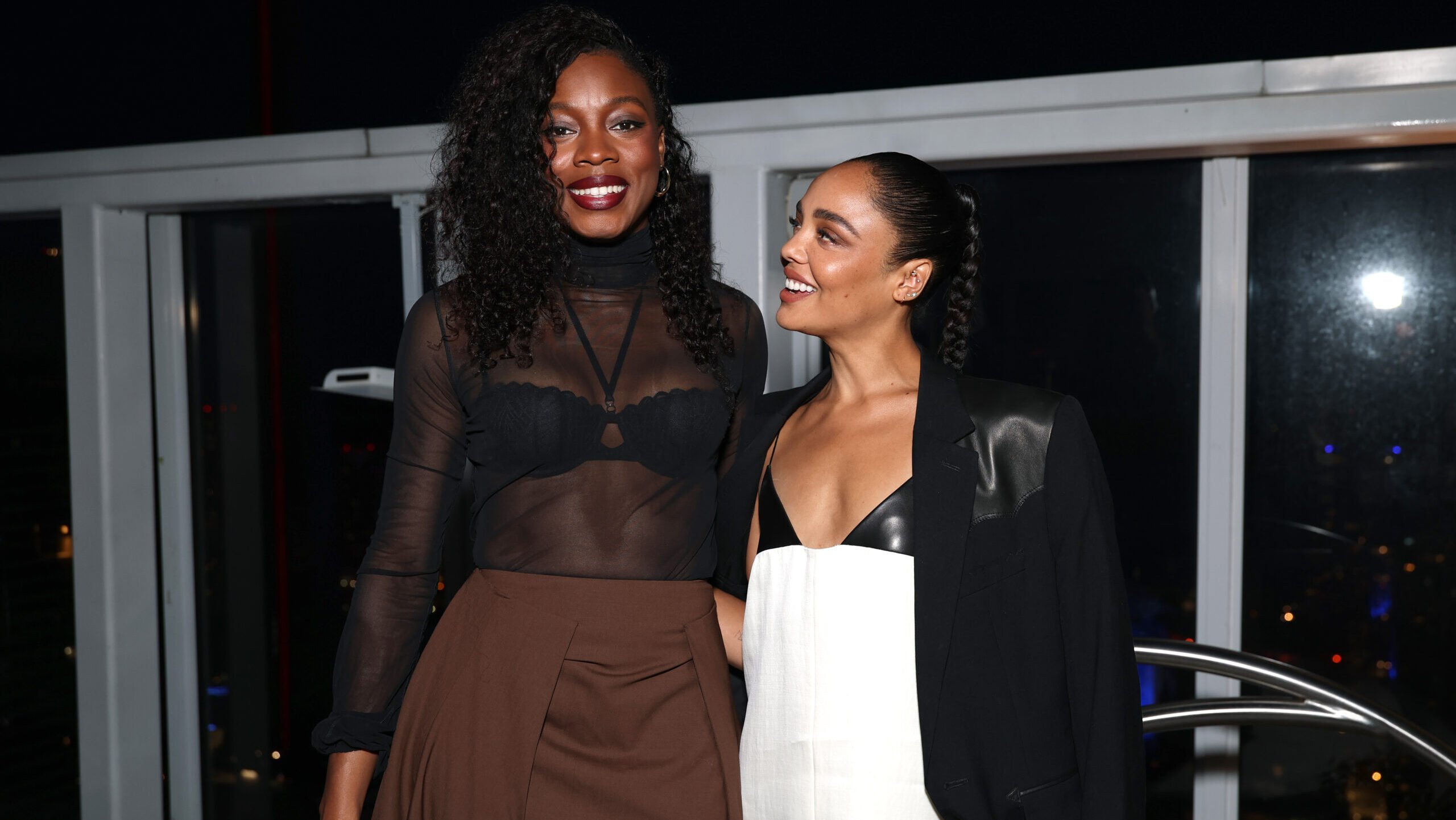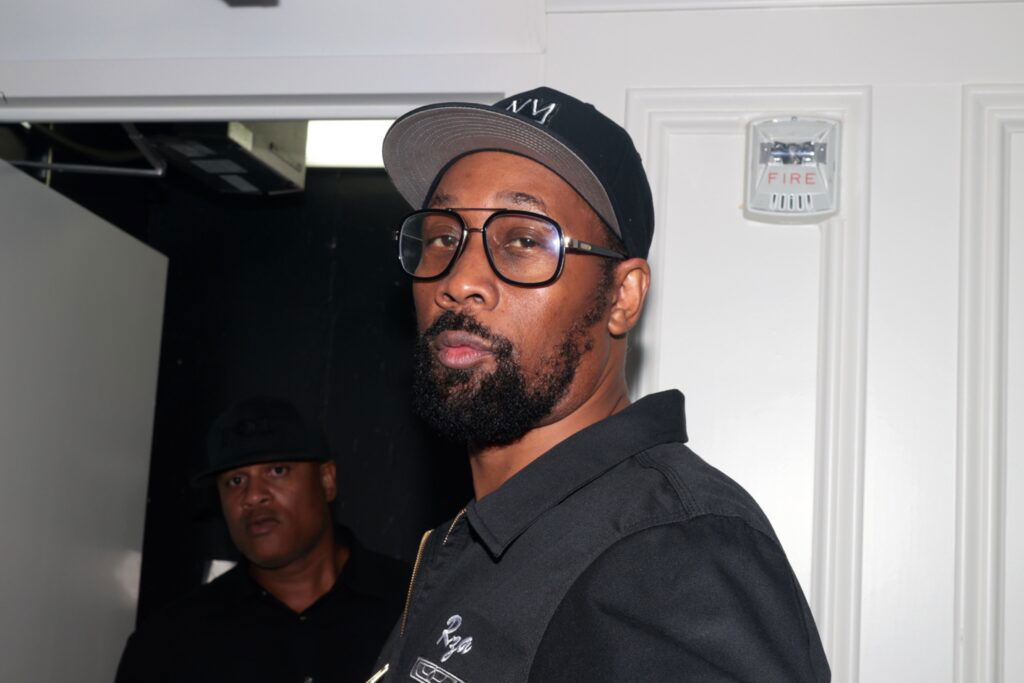
To understand women, you first have to accept one simple thing: they’re complex. That paradox sets the stage for Nia DaCosta’s new film adaptation of Henrik Ibsen’s 1891 play Hedda Gabler. Starring Tessa Thompson as the enigmatic lead, DaCosta’s Hedda examines freedom, power, sexuality, and womanhood through a lens that feels both timeless and modern.
“It really invites multiple viewings and reflection—and that was inspiring to me,” DaCosta exclusively told theGrio. “In that reflection, you start to think about your own life, your choices, your sense of agency, freedom, cowardice, and bravery. For me, that process of looking inward shaped how I approached the adaptation.”
Just as the Candyman director had to look inward when writing and directing the film, Thompson revealed that she went through a similar process while preparing for her role as the story’s protagonist — and, at times, its antagonist.
[embedded content]
“In a similar way to what Nia just said, you need to look inward and not other yourself from this woman,” Thompson explained. “What Hedda demands is that you look into your darker corners — the parts of yourself you tend to hide, your shadow self. One of the discoveries for me was realizing you also keep some of the most beautiful, brilliant things about your humanity there as well.”
That discovery made Thompson’s preparation for the role deeply personal. The kind of work she believes produces the most honest performances. Watching Hedda feels equally intimate. Without giving too much away, the film plays like the juiciest kind of gossip — that moment when you and your friends are tucked in a corner at a party, clocking the whispers and side-eyes across the room. Beneath all that tea are the layered truths of womanhood; complexities DaCosta intentionally wove into the fabric of the film.
“I’m so invested in Black women and their stories — in giving them a space where they can feel free,” the director explained. “Not because I’m trying to teach a lesson or empower anyone, but because they feel a sense of expansion in how we’re seen. It’s saying, ‘This is me. This is who I am. This is how I see the world.’ There are so many Black women filmmakers doing that right now, and I find it so exciting.”
“In that same tradition, and alongside my peers, I want to create more worlds, more spaces, more visions of Black womanhood and Blackness that we can live inside,” she added.
Hedda is now streaming on Prime Video.





